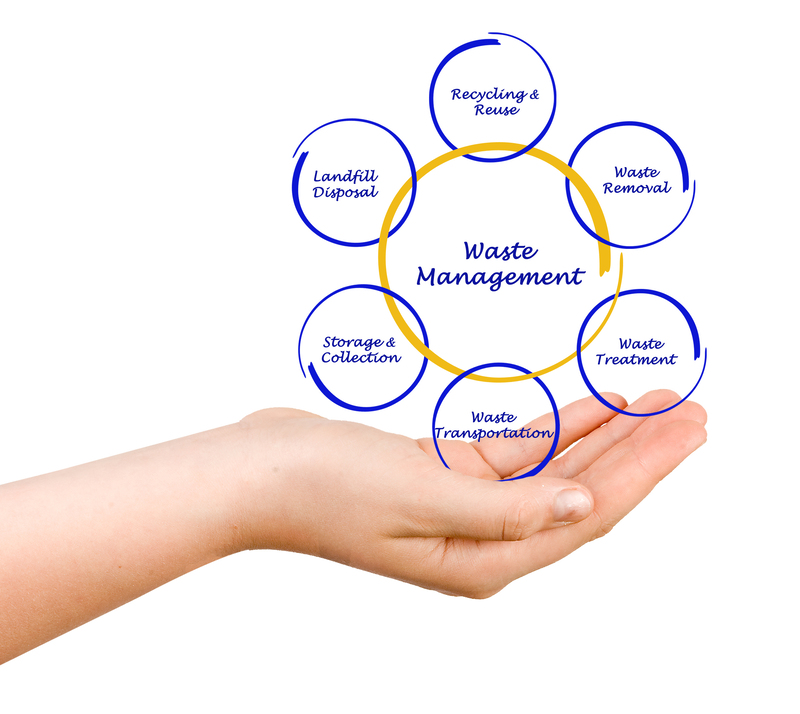In the contemporary world, where climate change and environmental sustainability have become pressing issues, metal recycling emerges as a pivotal practice. It is essential to understand how metal recycling can dramatically reduce our carbon footprint. This article delves into the significance of recycling metals and its impact on reducing carbon emissions, economic benefits, and promoting sustainable development.
Understanding Carbon Footprint
A carbon footprint refers to the total amount of greenhouse gases, specifically carbon dioxide (CO2), that is emitted directly or indirectly by human activities. These emissions contribute significantly to global warming and climate change. Reducing the carbon footprint is a critical challenge, and metal recycling plays a crucial role in this endeavor. By recovering and reprocessing metals, energy consumption is reduced, emissions are minimized, and the reliance on raw material extraction, which is energy-intensive, is diminished.

How Metal Recycling Contributes
Metal recycling offers a multitude of environmental benefits. Here are some key contributions:
- Energy Conservation: Recycling metals is significantly more energy-efficient compared to extracting and processing new metals. For instance, recycling aluminum saves up to 95% of the energy required for primary production.
- Reduction in Greenhouse Gas Emissions: Manufacturing metals from recycled materials results in fewer carbon emissions. For example, utilizing recycled steel can cut CO2 emissions by up to 86%.
- Decreased Landfill Use: Metal recycling reduces waste sent to landfills, allowing for more efficient land use and decreasing methane emissions from waste decomposition.
- Preservation of Natural Resources: By reusing metals, the demand for new raw materials is lowered, conserving valuable natural resources and minimizing the environmental degradation from mining activities.
The Economic Benefits of Metal Recycling
In addition to helping reduce carbon emissions, metal recycling provides substantial economic advantages:
- Job Creation: The recycling industry is labor-intensive and creates more jobs than landfill or waste treatment processes. According to studies, recycling just 10,000 tons of materials can create upwards of 36 jobs.
- Cost Efficiency: Recycled metals are often cheaper to produce compared to new metals, allowing industries to save on costs while promoting sustainable practices.
- Market Value: The recycling industry contributes billions to the global economy. The value of metals does not degrade through the recycling process, ensuring that recycled materials maintain high market demand.
Significant Metals in Recycling
Different metals have unique recycling processes and benefits:
- Aluminum: Known for its high recyclability, recycling aluminum saves a substantial amount of energy and reduces emissions by approximately 92%.
- Steel: As one of the most recycled materials globally, recycling steel conserves around 75% of the energy used in its production from raw materials.
- Copper: Recycling copper reduces energy requirements by nearly 85% and lessens the carbon footprint associated with its mining and processing.
- Lead: Widely used in batteries, lead recycling prevents environmental contamination and conserves energy, reducing the need to mine lead ore.
The Environmental Impact of Metal Recycling
Recycling metals not only contributes to energy conservation but also supports the overall health of the environment by:
- Reducing Pollution: Recycling processes emit fewer pollutants compared to manufacturing using virgin raw materials. This contributes to cleaner air and water.
- Minimizing Habitat Destruction: By decreasing the demand for mining, recycling reduces the impact on wildlife habitats and ecosystems.
- Fostering Sustainable Cities: Metal recycling is a foundational component of sustainable urban development, supporting green infrastructure and reducing city-based emissions.
Challenges in Metal Recycling
Despite its benefits, metal recycling faces certain obstacles:
- Contamination: Metals mixed with non-recyclable materials require more complex processing, increasing costs and reducing efficiency.
- Collection Systems: Inadequate recycling infrastructure makes collecting, sorting, and processing metals more challenging.
- Market Fluctuations: The fluctuating prices of recycled metals can impact profitability and investment in recycling technologies.

Future of Metal Recycling and Carbon Reduction
The future of metal recycling is promising, with continuous technological advancements enhancing recycling methods, making them more efficient and cost-effective. In addition, governments worldwide are implementing regulations and incentives to promote recycling as part of broader environmental strategies. The integration of smart technologies and automation into the recycling process offers a sustainable path forward, optimizing resources, and further reducing the carbon footprint.
Conclusion: A Sustainable Path Forward
In conclusion, metal recycling plays a critical role in reducing our carbon footprint and fostering environmental sustainability. By conserving energy, reducing greenhouse gas emissions, and supporting economic growth, metal recycling is an essential component in the transition to a circular economy. As more individuals, industries, and governments commit to recycling practices, we pave the way for a more sustainable future. Understanding and promoting the importance of metal recycling will be key to achieving significant reductions in global carbon emissions and addressing the pressing challenges of climate change.